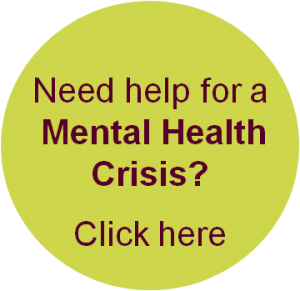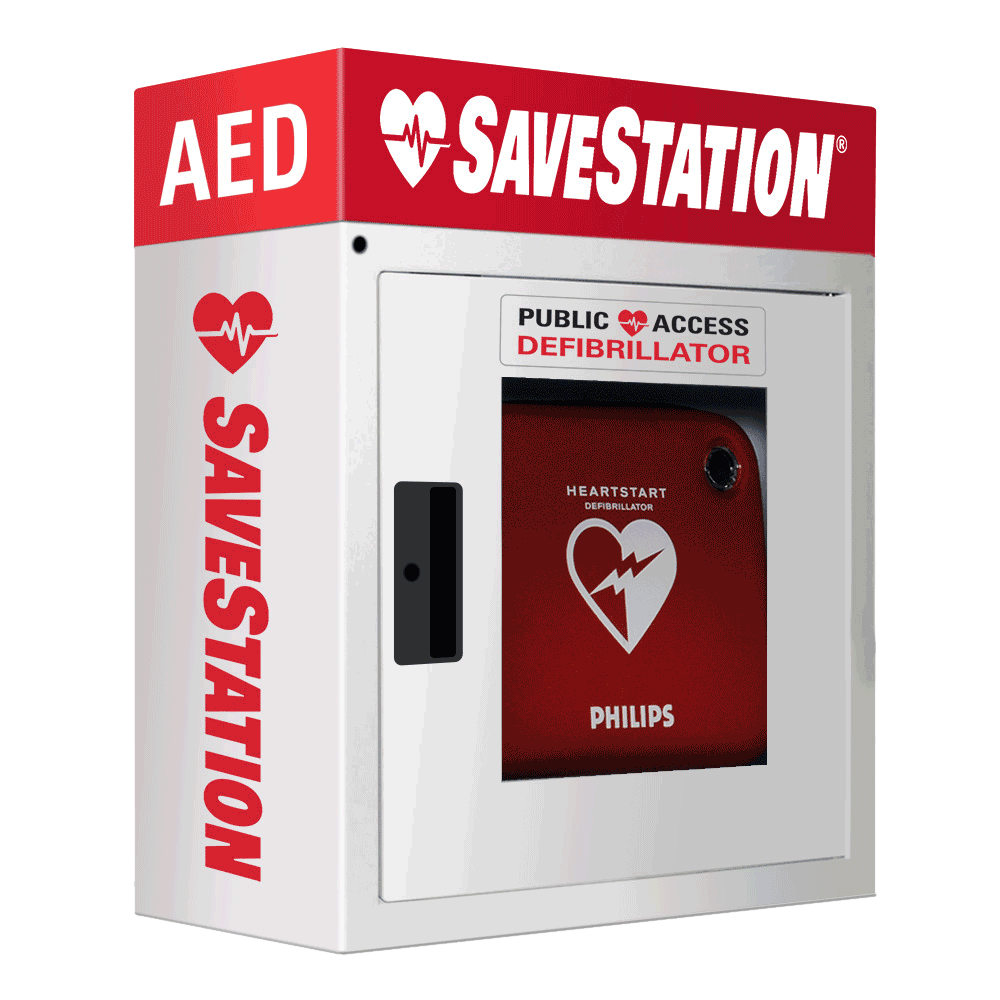Overview
Information Box Group

My Health Learn More
We are committed to supporting employees in a healthy and safe return to work following an injury or illness, facilitating workplace accommodations and fostering healthier work environments.
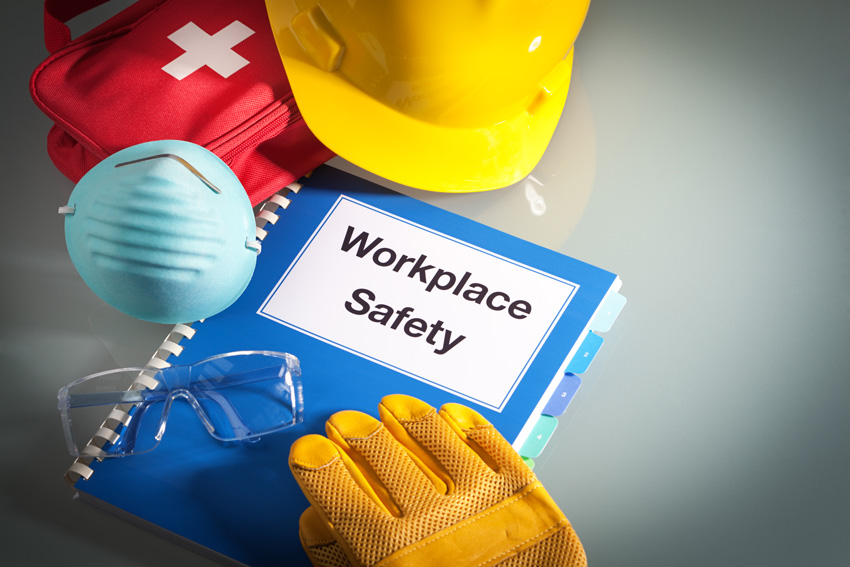
Our Safety Learn More
We support the University’s commitment to creativity, innovation and excellence, and strive to achieve these standards in the areas of environmental and occupational health, safety, loss prevention and mitigation.
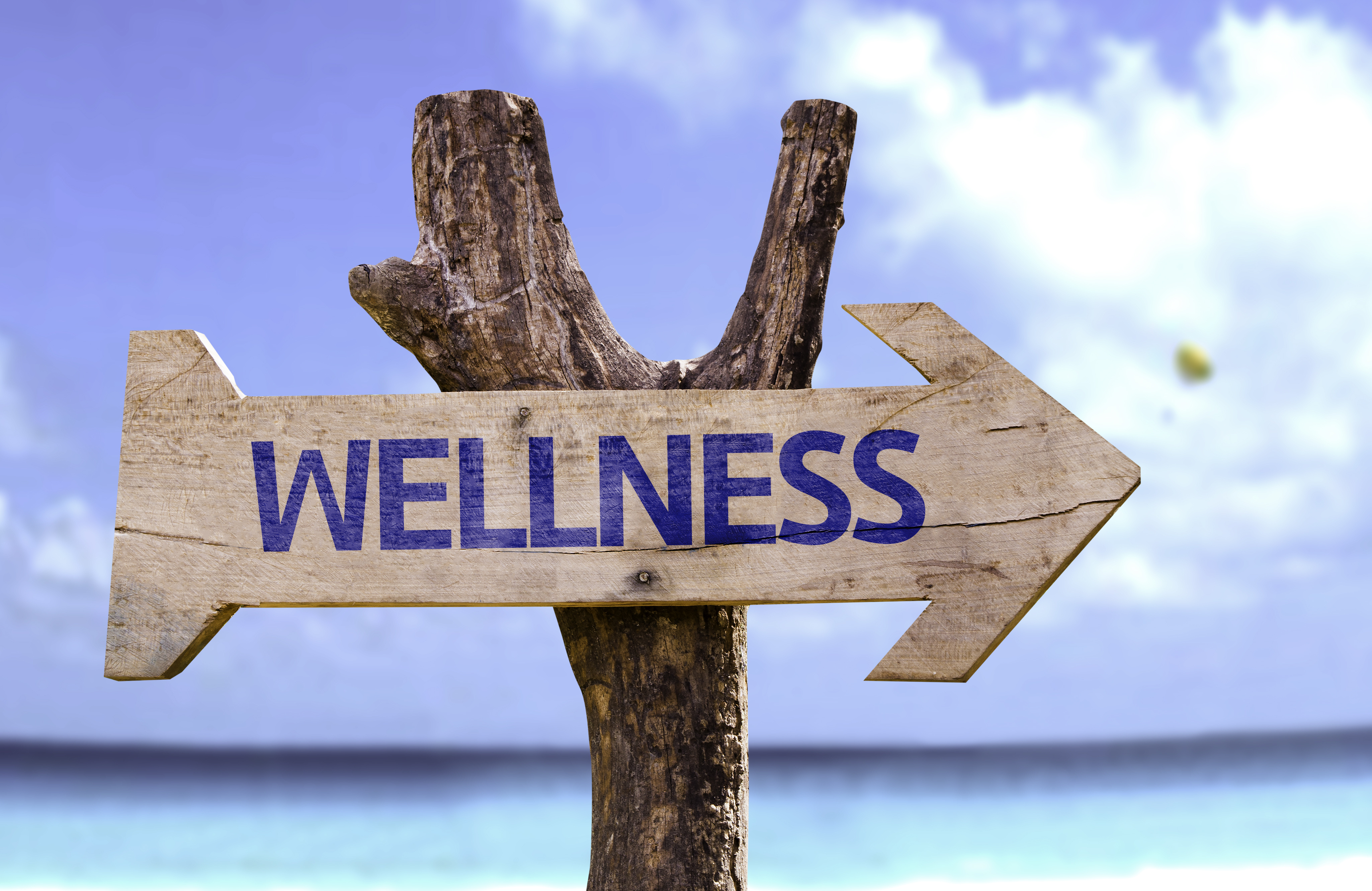
My Well-Being Learn More
Workplace Wellness is integral to the personal and professional growth of McMaster faculty and staff. Campus and community supports are available to help faculty and staff flourish in their personal and professional lives.

Health, Safety & Well-Being Annual Report

Psychological Health & Safety Learn More
We are excited to announce the launch of a new website to support employees and leaders in effectively managing workloads and promoting psychological health and safety in the workplace.

McMaster University Guidance for Illness Prevention Learn More
McMaster University is committed to providing and maintaining healthy, physically and psychologically safe working and learning environments for all workers, students, volunteers and visitors.

McMaster University is proud to offer the extended benefit of an Employee and Family Assistance Program (EFAP) with our partner, Telus Health.
Individuals can contact Telus Health through their website, app or by phone toll-free, 24 hours a day, 7 days a week to book appointments, or access any EFAP service.
- Toll Free Phone Number: 1-833-366-4544
- Visit: login.lifeworks.com
- Download: LifeWorks mobile app.
Our Safety
University Health and Safety (UHS) is a team of health, safety and risk management specialists committed to supporting the University’s commitment to creativity, innovation and excellence, and strives to achieve these standards in the areas of environmental and occupational health, safety, loss prevention and mitigation.
SAFETY UPDATES

Be Prepared for Winter Conditions
If you are aware of an area that requires attention, please contact Facility Services Customer Service Desk at extension 24740 or Campus Safety Services after hours at extension 24281 or use the Facility Services Winter Hazard Reporting Tool (also found in the Safety App)

Individual Emergency Response Plan Process
We have updated the Individual Emergency Response Plan process. Information can be found on the Fire Safety and Emergency Preparedness website.

E-Bike and E-Scooter Safety Tips Learn More
University Health and Safety is raising awareness on E-Bike and Electric Kick Scooter (E-Scooter) Safety.
E-Bike and E-Scooter Safety Tips - Learn More
- Charging: Use the recommended charger and avoid overcharging.
- Storage: Store the battery in a cool, dry place when not in use.
- Follow Road Rules: Avoid sidewalks, use arm signals when operating an e-bike, use horn or bell.
- Only purchase and use devices, batteries that are listed by a nationally recognized testing lab and labeled accordingly.
- Stop using if battery has an unusual odour, change in colour and/or shape, too much heat, is leaking, smoking or not keeping a charge.
- Avoid using damaged batteries as they could catch on fire.
- Store away from exit doors.
- Don’t use your phone while moving.
- Wear a helmet.
- Do not block pedestrian pathways.
- Avoid storing e-scooters and e-bikes in buildings due to fire hazard.
Additional law and regulation information can be found on the City of Hamilton Electric Bike webpage.
References: Harvard Health and Publishing , City of Hamilton Electric Bike Laws and Regulations, NFPA
Quick Links
Injury/Incident Report Form - Learn More
The employee has the responsibility of reporting incidents promptly. The employee and the supervisor must fill out this form and the employee, supervisor and department chair, manager or director must sign it. For additional guidance on Injury/
For additional information on injury/incident reporting review the Injury/Incident Reporting Guide.
Learn more about Our Safety
Violence and Harassment Prevention in the Workplace - Learn More
All employees, graduate students, post-docs, visiting scholars and volunteers are required to complete this awareness training. Training includes the roles, responsibilities, reporting process, and protocols to respond to harassment and/or violence in the workplace.
Policies/Programs
Discrimination and Harassment Policy
McMaster University Workplace Violence Program
Violence in the Workplace Policy
Emergency Guidance for Presenters
Emergency Guidance Document for Presenters/Lecturers
Emergency Preparation Guidance for McMaster Event Planning
Classroom Emergency Preparedness
Considerations for Use of Third-Party Technologies in Teaching and Learning
Resources
Employee and Family Assistance Program
Ministry of Labour, Immigration, Training and Skills Development
How to talk to an employee who might be experiencing domestic violence (video)
Domestic Violence in the Workplace: Allen Sawkins Interview (video)
Ergonomics - Learn More
McMaster is dedicated to proactively working towards a healthy workplace including offering ergonomic solutions for employees.
In support of the RMM 405 Ergonomic Safety Program, online training is offered by through Mosaic/Avenue to Learn. Making your work experience safer is a responsibility we all share; make a commitment to creating a healthier work environment.
Complete the Ergonomic Self-Assessment Checklist. This self-assessment raises awareness of Musculoskeletal Disorders (MSDs) caused within the workplace and provides important information regarding prevention, treatments, and workplace safety. If required after completing the self-assessment checklist, after self-adjustment, acclimation to changes, and microbreaks have been implemented, or when requested, an in-person or virtual Ergonomic Assessment can be requested by completing the Ergonomic Assessment Request Form and submitting through the appropriate safety office eohss@mcmaster.ca or fhsso@mcamster.ca.
Working from Home
The following suggestions will allow employees to continue to work productively and consider proper ergonomic set-up while at home.
- Remote workers are to complete the Ergonomic Self-Assessment Checklist to verify the remote workplace meets the same health and safety standards as those available at the University.
- Working from Home Ergonomics Video
- Strategies for Healthy Screen Habits
- Guidance for Setting Up and Supporting Remote Work Arrangements
First Aid Requirements - Learn More
First Aid Kits & Rooms will be placed around the University at a set frequency. Both Kits and Rooms will require one individual per shift to be assigned as the official First Aid Provider for the equipment.
The University’s expectation for First Aid Training is the Standard (2 Day) First Aid and CPR training. Find the most up to date First Aid training schedule on the Athletics and Recreation website. Note: Individuals must notify Athletics & Recreation in writing to withdraw from a First Aid course. In the event that you do not attend without providing notice, your department will be charged a fee.
Automated External Defibrillator (AED) Locations
Ontario’s Good Samaritan Act, 2001
Note: The Faculty of Health Sciences Safety Office will be sending out requests to verify your participation in this program.
Home Safety
The Home Workstation Self-Assessment Safety Checklist is designed to assess the safety of the home workstation. Employees are expected to designate an adequate and separate workstation in the home. To ensure employees are working in a safe and healthy dedicated workstation, the following checklist should be completed. Please note, assessment is of the workstation only and is not reflective of the safety of the home in its entirety.
Resources
Information Box Group
Standard Operating Procedure Templates - Learn More
Listed below are a number of example standard operating procedures (SOP) and links to standard operating procedures provided by different users from around the University community. These are for reference, or to utilize to create your own specific operating procedures for your areas.
If you have procedures you would like to share with the University Community, then please contact UHS by email at uhs@mcmaster.ca.
RMM 301 Standard Operating Procedures Program
3-D Printer Safety Information
Standard Operating Procedures for Computer Work
Ladder Standard Operating Procedures
Lockout/Tagout – Single Person
Lockout/Tagout Padlock Signoff
Department of Chemistry Resources for SOP’s
Faculty of Health Sciences Resources for SOP’s
Legal Disclaimer
The Standard Operating Procedures on this website are provided for the use of the McMaster University employee and/or student community. The procedures outlined in the above referenced document are intended to reflect best practices in this field; as such they are provided to the community for guidance and/or direction. However, these recommendations should not be construed as legal advice.
SAFE Training Learn More
This module amalgamates and will replace four existing mandatory health and safety training modules, Slips, Trips and Falls, Asbestos Awareness, Fire Safety and Ergonomics.
UHS Team
For general inquiries please contact us at uhs@mcmaster.ca or extension 24352.
Stacie Cameron
Specialist, University Health and Safety Programs
Stacie Cameron
Specialist, University Health and Safety Programs
Stacie Cameron
Specialist, University Health and Safety Programs
Stacie Cameron
Specialist, University Health and Safety Programs
My Health
McMaster is committed to supporting employees in a healthy and safe return to work following an injury or illness, facilitating workplace accommodations and fostering healthier work environments.
Information Box Group

Workplace Accommodation Learn More
Workplace accommodation may involve a service, adaptation or adjustment in the work environment that enable individuals to compete for jobs and perform employment activities.
Workplace Accommodation - Learn More
It is McMaster University’s goal to build an inclusive community with a shared purpose, where all members of the University community are treated in a fair and equitable manner. In pursuit of this goal, the University aims to foster a climate of understanding and mutual respect for the dignity and worth of all persons.
Workplace accommodation may involve a service, adaptation or adjustment in the work environment that enable individuals to compete for jobs and perform employment activities without discrimination on a prohibited ground. It can include, but is not limited to recruitment, selection, employment and separation processes, including training and career development. It may be short or long-term, with the goal of enabling individuals to compete for jobs and perform the essential duties of their employment.
Workplace Accommodation Policy
McMaster University Guide and Procedures on Workplace Accommodation
Employee Request for Medical Accommodation Form
Family Status Accommodation Application Form
If looking for accessible parking on campus for durations of 2 months and less complete the McMaster University Accommodation Parking Application

Disability Benefits Learn More
Our disability benefit programs include salary continuance, sick leave benefits and WSIB benefits.

Workplace Injury/Illness Learn More
Information regarding workplace injury or illness, Workplace, Safety and Insurance Board (WSIB) benefits pertaining to McMaster University employees and to unpaid student placements.
Workplace Injury/Illness - Learn More
Employee Health Services administers WSIB claims and benefits for employees of the University. As such we are committed to increasing healthy and safe workplace attitudes and practices. In supporting and promoting awareness initiatives, we are better able to minimize workplace hazards.
All work-related injuries/illnesses must be reported to the Environmental and Occupational Health Support Services (EOHSS) within 24 hours. We are responsible for reporting to the WSIB.
Reporting procedures for injury/illness are available under My Safety.
Offer of Modified Work – Early and Safe Return to Work Offer Form

Return to Work Program Learn More
We are committed to a fair and consistent approach to early and safe return to the workplace following illness or injury.
Return to Work Program - Learn More
The contributions of employees and their presence in the workplace are essential to the achievement of the University’s goals. The University recognizes that accommodations may be required to assist employees in their reintegration to the workplace.
The Employee Health Services Consultants within Employee Health Services work in a collaborative framework with the workplace parties to facilitate the return to work process. For additional information on the return to work process, roles and responsibilities please refer to the University’s Return to Work Program.
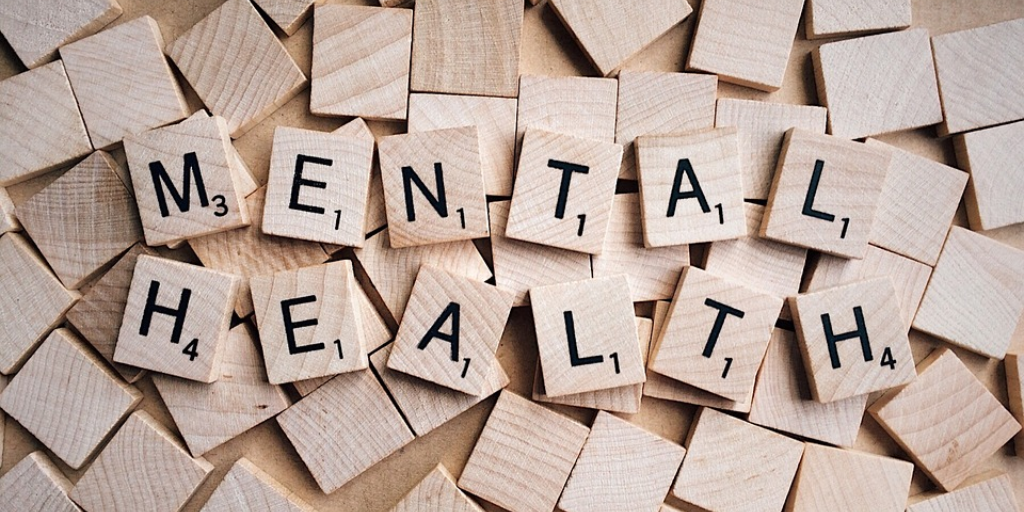
Mental Health Resources and Training Learn More
We are committed to providing mental health and well-being education and training to the McMaster community to support mental health literacy, and help individuals lead healthier lives in and outside of the workplace.

Unpaid Student Placements Learn More
Students who perform experiential learning (unpaid) activities at a third party business or institution for academic credit.
Expandable List
Employee Health Services (“EHS”) manages the disability benefits, the return to work process and employment accommodation needs of employees of McMaster University (the “University”). In order to provide these services to you, EHS collects, uses, maintains and, in some cases, discloses certain personal health information.
You have the right to know how EHS collects, uses, maintains and discloses the personal health information in our possession. Personal health information includes identifying information about you relating to your physical or mental health, including your medical history, the provision of health care to you, and payments or eligibility for health care. You have a right to expect that, to the best of our ability, the personal health information held by us remains confidential and secure.
This document informs you of our ongoing commitment to privacy and tells you the ways we ensure that the privacy of your personal health information is protected. Our ongoing commitment to the protection of your personal health information is reflected in the following ten principles.
1. Accountability
EHS is committed to maintaining the confidentiality and security of your personal health information. Every employee of EHS is bound by a duty of confidentiality and must abide by that duty in the handling of your personal health information. The duty to maintain confidentiality applies to the duration of employment with EHS and continues indefinitely after employment with EHS has ceased.
2. The Purposes of Information Collection
EHS collects, maintains, uses and discloses information about you and your health. This information is collected to help administer disability benefits, initiate return to work processes and implement the employment accommodation needs of employees. These services include:
- direction and guidance on policies and procedures before, during and after an injury or illness;
- safe, timely and appropriate return to work plans and programs following an injury or illness;
- the management of University disability benefits (e.g. Salary Continuance benefits), and
- implementation and management of measures related to workplace accommodation of an injury or illness.
We obtain most of our information directly from you, or from other health practitioners whom you have seen and authorized to disclose information to us. We will limit the information we collect to what we need for those purposes, and we will use it only for those purposes.
3. Informed Consent
You have the right to know and to determine how your personal health information is used and disclosed. We will always obtain your express consent where legally required to do so.
If you provide consent to let a family member or your legal representative, including a trade union, see your personal health information, then the family member or legal representative may be allowed access to the part(s) of the personal health information that you have consented to let them see. Subject to certain conditions, you have the right to withdraw or change the conditions of your consent.
4. Limiting Collection
We collect information by fair and lawful means and collect only that information which may be necessary for purposes related to the provision of our services to you. These services are related to management of disability benefits, return to work processes and employment accommodation needs of employees of the University.
5. Limiting Use, Disclosure and Retention
The information we request from you is used for the purposes defined. We will seek your consent before using the information beyond the purposes for which we have obtained it. Non-identifying information related to the services EHS provides may be used for administration, management, strategic planning, decision-making, research and allocation of the University’s resources.
6. Accuracy
We will make every effort to ensure that all decisions involving your personal health information are based upon accurate and timely information. In turn, we rely on you to disclose accurate and material information on a timely basis and to inform us of any relevant changes.
7. Protecting Your Information
EHS is committed to maintaining the confidentiality and security of personal health information and has a number of practices in place to protect the privacy of your personal health information. For example, personal health information that is collected by EHS is maintained in a secured file in a location at our office that has restricted access. Some older records may be kept at a secure location off-site. All personal health information is kept in an area separate from all other human resources files. Our computer systems are password-secured, encrypted and constructed in such a way that only authorized individuals can access secure systems and databases.
Only those individuals who are directly involved in providing EHS services or those who have a legal right to see your records are permitted access to your personal health information. Specifically, access is limited to you and the Offices of the Occupational Health Nurse and Occupational Physician who have legitimate reason to maintain and access your personal health information. Access to any other individuals will only be provided with your prior express written consent.
Access to other non-health related personal information is limited to authorized individuals who have a legitimate reason to access such information. For example, with respect to non-health related return to work information, EHS may be required to supply this information to administer the disability insurance program or to the Workplace Safety and Insurance Board (WSIB). Access to any other individuals will only be provided with your prior express written consent.
8. How We Keep You Informed
EHS has prepared these plain-language principles to keep you informed. You may ask to receive a copy of this document from any EHS staff member. If you have any additional questions or concerns about privacy of your personal health information, we invite you to contact us (see info below) and we will address your concerns to the best of our ability.
9. Access and Correction
With limited exceptions, we will give you access to the information we retain about you within a reasonable time, upon presentation of a written request and satisfactory identification.
We may charge a fee for photocopying services and if so, we will give you notice in advance of processing your request.
If you find errors of fact in your personal health information, please notify us as soon as possible and we will make the appropriate corrections. We will not amend information provided by third parties or information relating to clinical observations or opinions made in good faith. You have a right to append a short statement of disagreement to your record if we refuse to make a requested change.
If we deny your request for access to your personal information, we will advise you in writing of the reason for the refusal and you may then challenge the decision.
10. Challenging Compliance
We encourage you to contact us with any questions or concerns you might have about your privacy.
If you send us an e-mail message that includes personal information, such as your name included in the “address”, we may use that information to respond to your inquiry. If your communication involves personal health information, you should not send it electronically.
In the event that you have concerns, we will endeavour to review and respond to your concerns about any aspect of our handling of your personal health information. In most cases, an issue is resolved simply by telling us about it and discussing it. We invite you to contact us – see below.
Our Employee Health Team

Workplace Health & Well-being
McMaster has a strong commitment to create a brighter and healthier world. In 2017, McMaster joined the Canadian Health Promoting Universities and Colleges Network by signing the Okanagan Charter, which is dedicated to advancing human and societal well-being. McMaster’s Healthy Workplace programs strive to advance the well-being of all faculty and staff through the promotion of year round holistic wellness initiatives, including, but not limited to, physical health, psychological wellness, and work-life balance.

Workplace Health & Well-being
McMaster has a strong commitment to create a brighter and healthier world. In 2017, McMaster joined the Canadian Health Promoting Universities and Colleges Network by signing the Okanagan Charter, which is dedicated to advancing human and societal well-being. McMaster’s Healthy Workplace programs strive to advance the well-being of all faculty and staff through the promotion of year round holistic wellness initiatives, including, but not limited to, physical health, psychological wellness, and work-life balance.

Workplace Health & Well-being
McMaster has a strong commitment to create a brighter and healthier world. In 2017, McMaster joined the Canadian Health Promoting Universities and Colleges Network by signing the Okanagan Charter, which is dedicated to advancing human and societal well-being. McMaster’s Healthy Workplace programs strive to advance the well-being of all faculty and staff through the promotion of year round holistic wellness initiatives, including, but not limited to, physical health, psychological wellness, and work-life balance.

Workplace Health & Well-being
McMaster has a strong commitment to create a brighter and healthier world. In 2017, McMaster joined the Canadian Health Promoting Universities and Colleges Network by signing the Okanagan Charter, which is dedicated to advancing human and societal well-being. McMaster’s Healthy Workplace programs strive to advance the well-being of all faculty and staff through the promotion of year round holistic wellness initiatives, including, but not limited to, physical health, psychological wellness, and work-life balance.
- Human Resources
- Employees
- Health, Safety & Well-Being
Workplace Health & Well-being
Supporting Wellness Through Human Connection
According to a recent study by the Canadian Mental Health Association (CMHA), the holiday season can be one of the loneliest times of the year. Many people experience anxiety and depression, which can have negative impacts on mental health.
Human connection plays a vital role in promoting overall well-being. Social interactions can significantly boost mental health by improving mood, reducing stress, and enhancing self-esteem. Research indicates that social isolation can lead to serious health issues such as depression, insomnia, and cognitive decline. Additionally, strong social bonds are linked to a longer lifespan and better physical health. Engaging in meaningful relationships provides emotional support, fosters a sense of belonging, and helps individuals cope with life’s challenges. By maintaining and nurturing these connections, we can enhance our resilience and overall quality of life.
Sources: Psychology Today, Psych Central, CDC, Berkeley Exec. Ed.

Telus Health Learn More
Telus Health, McMaster’s provider of its Employee and Family Assistance Program (EFAP) provides easier access to mental, physical, social and financial wellbeing supports than ever before.
Source: Telus Health

TED Talks Learn More
TED is a non-profit that believes powerful ideas, powerfully presented, move us: to feel something, to think differently, to take action.
Source: TED
National Health Promotion Days in December - Learn More
- World AIDS Day – December 1*
- Women’s Brain Health Day – December 2*
- International Day of Persons With Disabilities – December 3*
- National Day of Remembrance and Action on Violence Against Women – December 6*
- Human Rights Day – December 10*
- Anti-Bullying Day – December 17*
December Community Building Activity!
The Healthy Workplace Committee invites you to share your thoughts, resources, and ideas to connect using the Padlet app! The Healthy Workplace Committee has created a virtual activity wall where you can share your ideas and experiences about connecting and community using the following prompts:
- Random Acts of Kindness: Share a random act of kindness you performed. Describe the act and its impact.
- Gratitude Sharing: Reflect on and share what you are most grateful for this year.
- Celebrate a Co-worker: Highlight and celebrate the achievements or qualities of a co-worker.
- Reconnect with Someone: Reach out to someone you haven’t talked to in a while. Share the experience and their response.
The activity will run from December 2 – 16, 2024 on the Workplace Health & Well-being website. Participants who contribute their ideas will automatically be entered into a draw to win a hot chocolate social or a team building activity for their team in the new year. This activity will allow colleagues to connect in person, reinforcing the importance of creating opportunities for social engagement and bringing people together.
Information Box Group
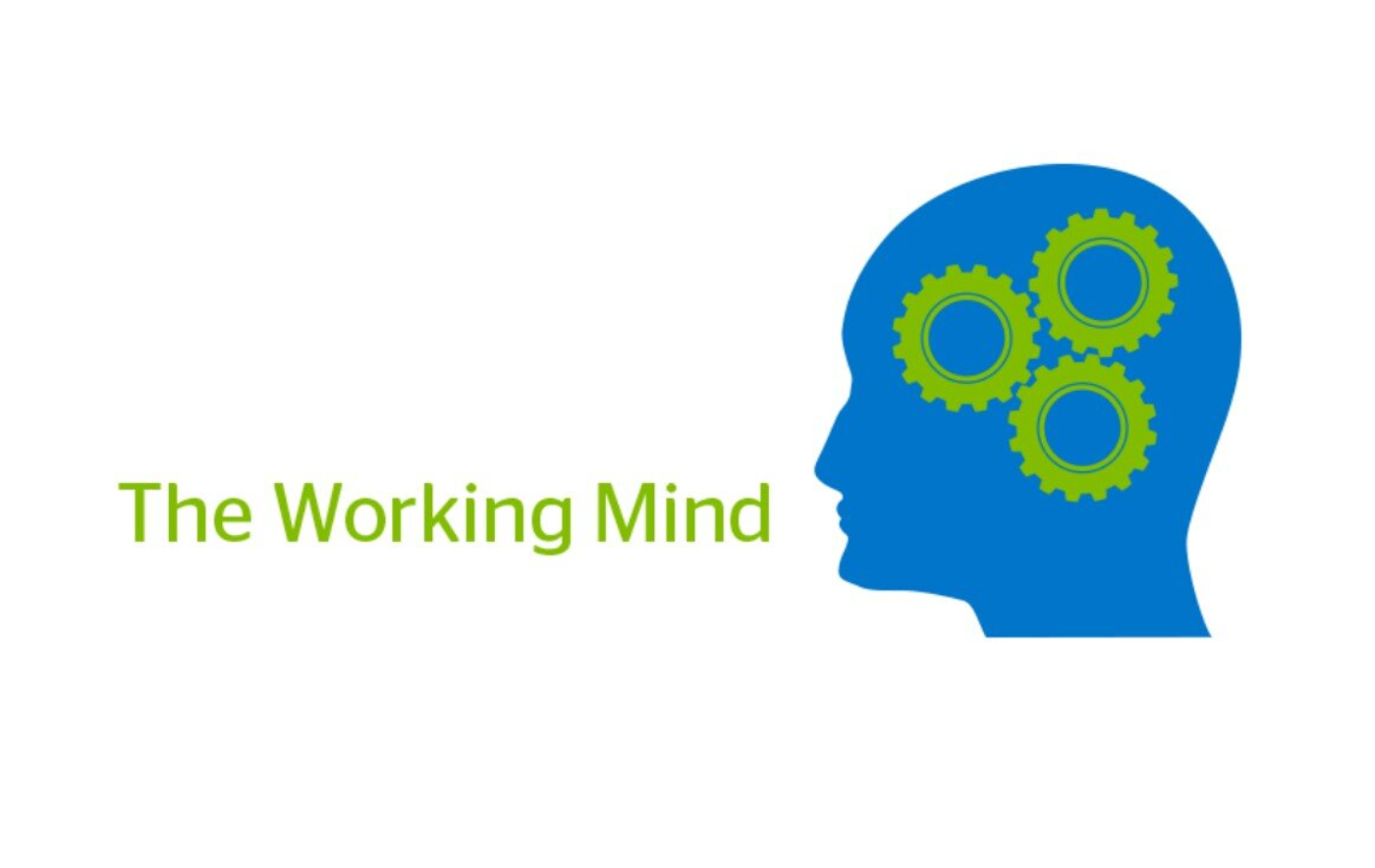
The Working Mind Mental Health Training Learn More
| The Working Mind is an evidence-based program designed to promote mental health and reduce stigma around mental illness in the workplace. This training directly supports our shared purpose of promoting and contributing to a healthy and safe community at McMaster University. |
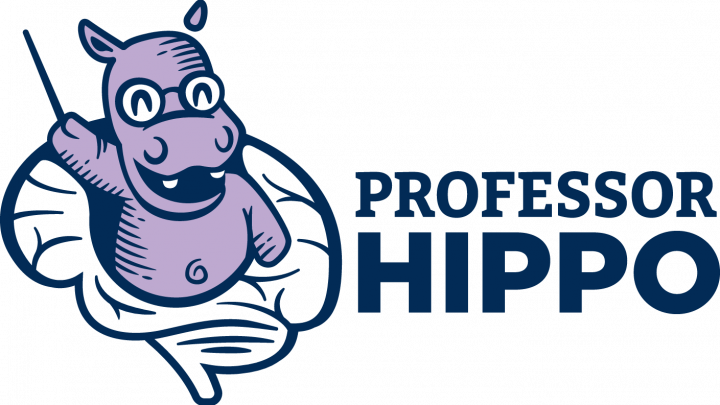
Professor Hippo on Campus Learn More
The core Professor Hippo-on-Campus program consists of 8 modules that teach staff and faculty at McMaster about student mental health and how to support students in a way that suits their role, whether it be as an academic advisor or as a professor. The program will also teach how to use the Responding to Students in Distress and Difficulty (RSDD) protocol.

Employee Family and Assistance Program Learn More
McMaster University is proud to offer the extended benefit of an Employee and Family Assistance Program (EFAP) with our partner, Telus Health.
Upcoming Employee Well-being Events
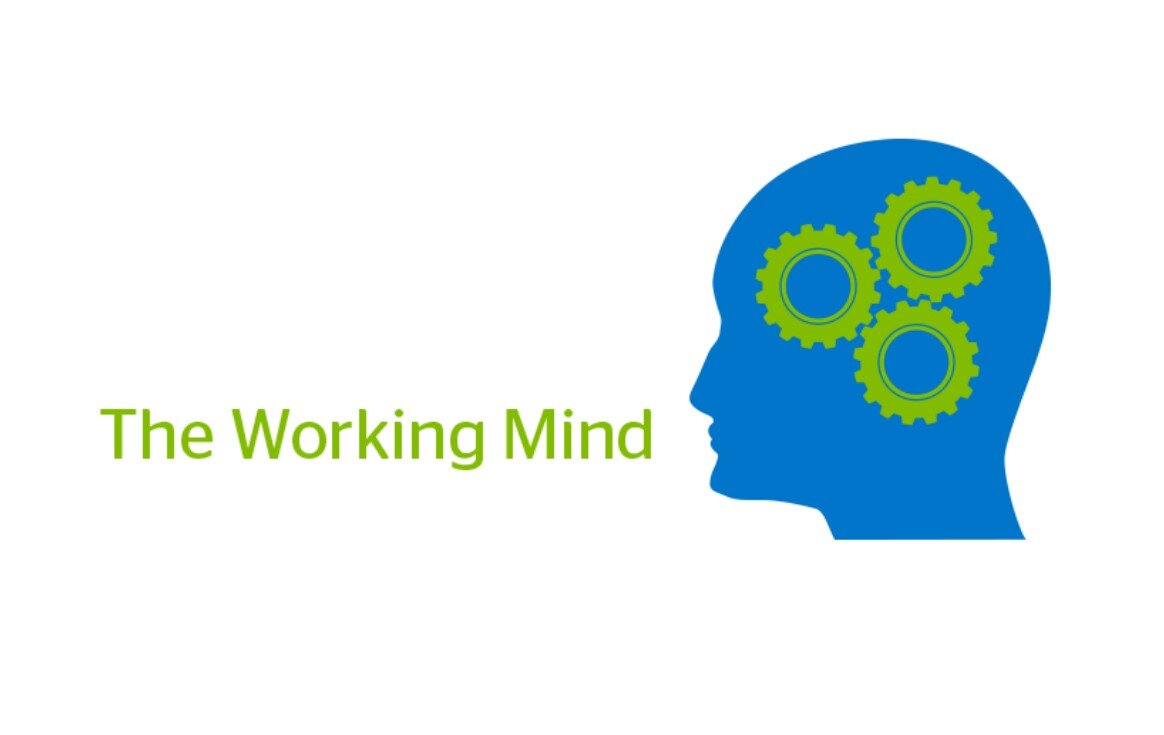
The Working Mind Mental Health Training for Employees (Wait List)
Employee Well-Being, Mental Health, TWM Training
Jan 21, 2025
9:30AM to 4:00PM

The Working Mind Mental Health Training for People Leaders
Employee Well-Being, Mental Health, TWM Training
Jan 29, 2025 to Jan 30, 2025
10:00AM to 3:30PM

The Working Mind Mental Health Training for Employees
Employee Well-Being, Mental Health, TWM Training
Feb 5, 2025
9:30AM to 4:00PM

The Working Mind Mental Health Training for People Leaders
Employee Well-Being, Mental Health, TWM Training
Feb 26, 2025 to Feb 27, 2025
10:00AM to 3:30PM

The Working Mind Mental Health Training for Employees
Employee Well-Being, Mental Health, TWM Training
Mar 27, 2025
9:30AM to 4:00PM

The Working Mind Mental Health Training for Employees
Employee Well-Being, Mental Health, TWM Training
Apr 15, 2025
9:30AM to 4:00PM
Learn More About Your Well-Being


Workplace Health & Well-being Contacts

Karli Dillane
Program Coordinator, Workplace Health & Well-being

Karli Dillane
Program Coordinator, Workplace Health & Well-being
Karli Dillane
Program Coordinator, Workplace Health & Well-being
Karli Dillane
Program Coordinator, Workplace Health & Well-being

